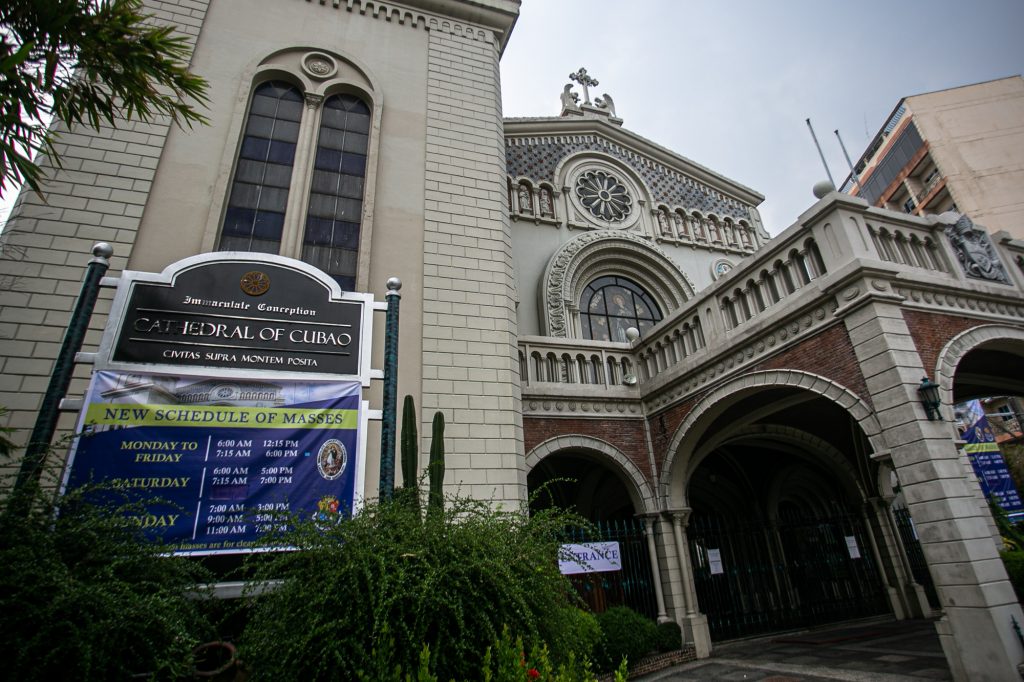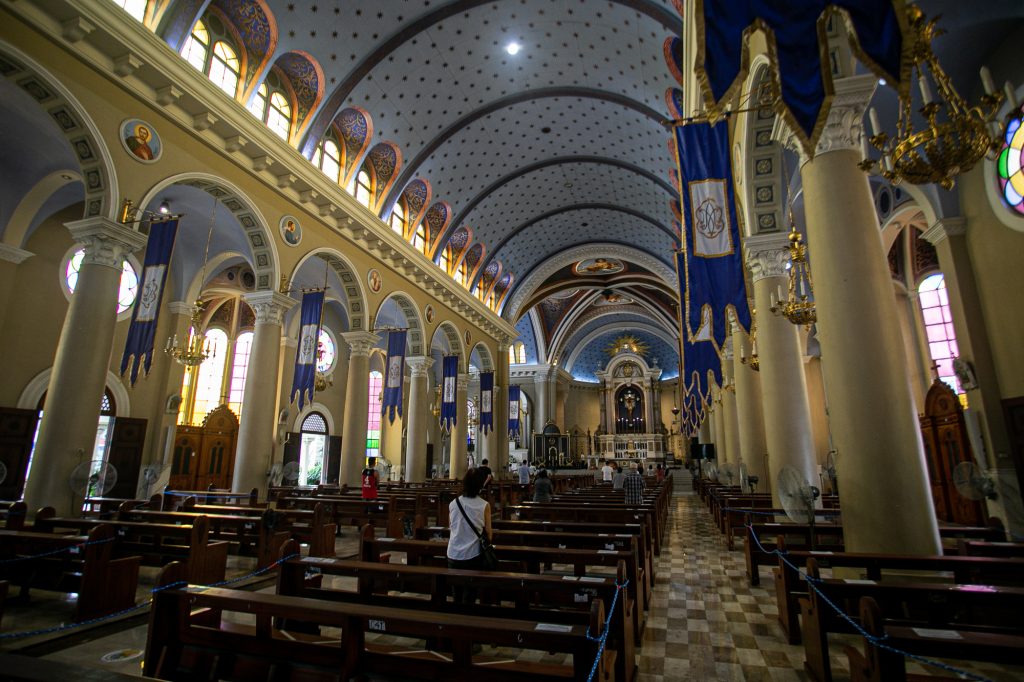
The Diocese of Cubao in the Philippine capital renewed its commitment to building a “Church of the Poor” as it marked its 17 founding anniversary this week in the midst of the coronavirus pandemic.
In his anniversary message, Bishop Honesto Ongtioco said the global health crisis has “spurred us to respond generously despite the great odds.”
The prelate vowed that the diocese will “continue to discover new ways of being Church especially in reaching out to many who have lost their jobs, to many who are infected, sick, and hungry.”
He said people are asking “how can we really be a Church” when people are depressed, desperate, sad, and hopeless because of the uncertainty brought about by the pandemic.
But the prelate said the Catholic community in his diocese “did not allow the health crisis to hinder us from working together.”
“It did not stop us from reaching out despite physical exhaustion or personal circumstances,” he said.
“We went beyond the personal crisis, the temptation to become selfish and to attend to our own needs first,” he said.
Bishop Ongtioco said the pandemic has propelled Catholics to give and share more despite individual hardships.
“We had to,” he said. “The poor, the hungry, the homeless, and the lost needed a lifeline,” added the bishop.
He lauded members of the clergy in hid diocese who have been “creative in finding ways” in nurturing both the spiritual and the physical needs of the faithful.
“They dug deep not only in their pockets but in their talents to find the means to live another day,” he said.
“From baking to painting to sculpting to selling beloved books and other possessions, they are pooling resources to make ends meet,” said the bishop.

Bishop Ongtioco also cited the efforts of the religious orders that “mobilized communities and found ways” to attending to the needs of informal settlers.
He said religious missionaries were always in the midst of reaching out to the poor “despite the risks of contracting the virus themselves.”
The bishop said the pandemic and the resulting quarantine restrictions have affected the diocese in terms of finances.
But he said the laity came forward to respond to the financial appeal for poor communities in the diocese, for the church employees, and for the catechists.
“Our laity has been generous in sharing their resources and reaching out to their less fortunate brothers and sisters,” he said.
The bishop said the diocese was able to endure the crisis because the more developed parishes assisted the smaller ones.
“It is a big brother, small brother act that flowed spontaneously,” he said.
Bishop Ongtioco said that despite the challenges the pandemic brought, “we have the grace to see the mercy of God embracing us.”
He said that as the diocese marks its 17th year, it is renewing its “commitment to the mission of Jesus, believing that the Spirit empowers us to be true to our vision and mission in being the salt of the earth, the light of the world, and a City on a Hill.”
On June 28, 2003, Saint John Paul II created the Diocese of Cubao from the Ecclesiastical District of Cubao of the Roman Catholic Archdiocese of Manila.
It was canonically erected on August 28, 2003, with the installation of Bishop Ongtioco as its first prelate.
Source: Licas Philippines
0 Comments